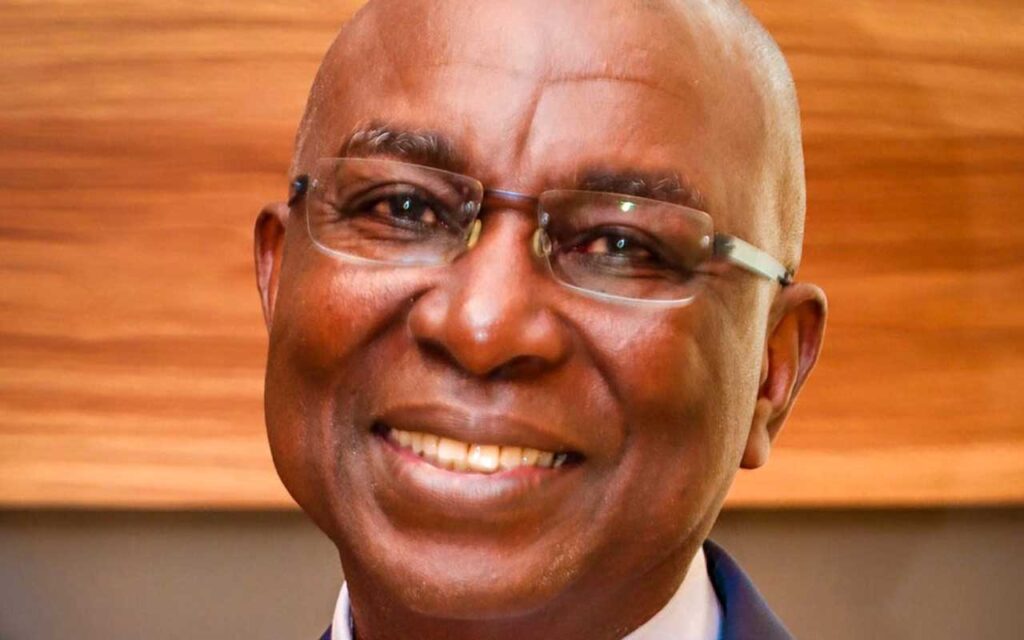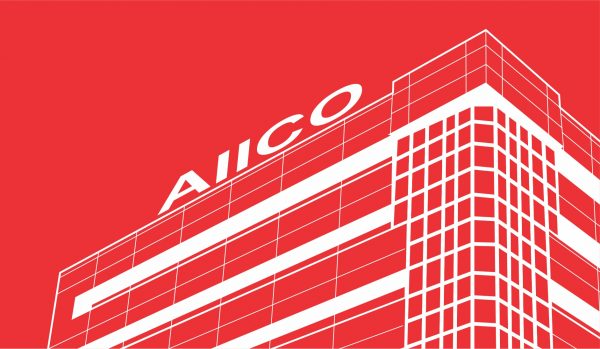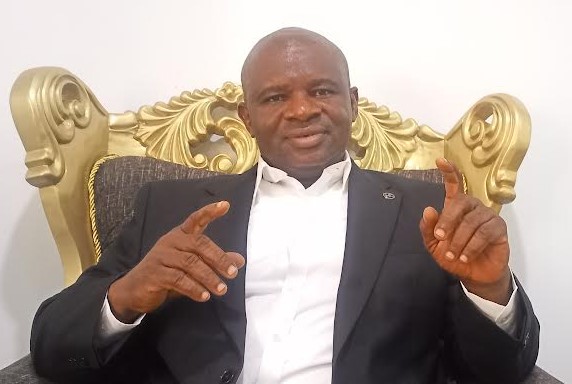
Nigeria is under increasing pressure to establish its own Protection and Indemnity (P&I) insurance club, as new estimates reveal the country has lost between $4 billion and $5 billion in marine insurance premiums to foreign insurers since 2018.
A proposal to create a locally domiciled P&I club designed to retain marine liability coverage within the country was submitted to then Vice President Yemi Osinbajo in 2018. Although he supported the initiative and directed regulatory agencies to act, the plan has stalled due to bureaucratic delays and competing internal priorities.
Maritime and commercial law expert Ejide Sodipo told The Guardian that despite Nigeria’s high exposure to marine risk including pollution, wreck removal, cargo damage, and crew injury the country continues to outsource virtually all marine insurance to international markets.
According to Sodipo, around $5 billion in premiums tied to Nigerian marine risks has flowed abroad since 2018. This is despite existing laws that require all insurable risks in the oil and gas sector to be underwritten locally unless specifically exempted by the National Insurance Commission (NAICOM).
“Every tanker, container ship, and offshore vessel in Nigerian waters must carry multiple layers of insurance,” she said. “While other nations have built strong domestic insurance sectors around this need, Nigeria continues to outsource the entire value chain—premiums, claims, legal arbitration—to cities like London, Oslo, and Singapore.”
In March, the Nigerian Maritime Administration and Safety Agency (NIMASA) confirmed that over $1.5 billion in marine insurance premiums were lost to foreign markets in just the past three years.
Sodipo stressed that the implications are huge: ports in Lagos, Onne, and Calabar handle thousands of vessels annually, while Nigeria’s offshore oil and gas sector presents immense insurable risk. Yet almost none of the premiums tied to these operations stay in Nigeria costing the country not only revenue but valuable opportunities for job creation and skills development.
She warned that Nigeria is also losing sovereignty over its maritime risk management, as the legal and technical work is conducted overseas, often using Nigerian data.
Countries like China and South Korea, she noted, have successfully established domestic P&I clubs to protect their shipping sectors and reduce reliance on foreign markets.
Echoing this, NIMASA Director General Dr. Dayo Mobereola said that localising the estimated $600 million upstream vessel engagement economy could significantly benefit Nigeria’s financial and insurance sectors.
Sodipo concluded: “Each year, Nigeria hemorrhages hundreds of millions to foreign P&I clubs money that could develop local capacity, create jobs, and build a resilient maritime insurance industry. We have the expertise. What we need now is the collective will to act.”









